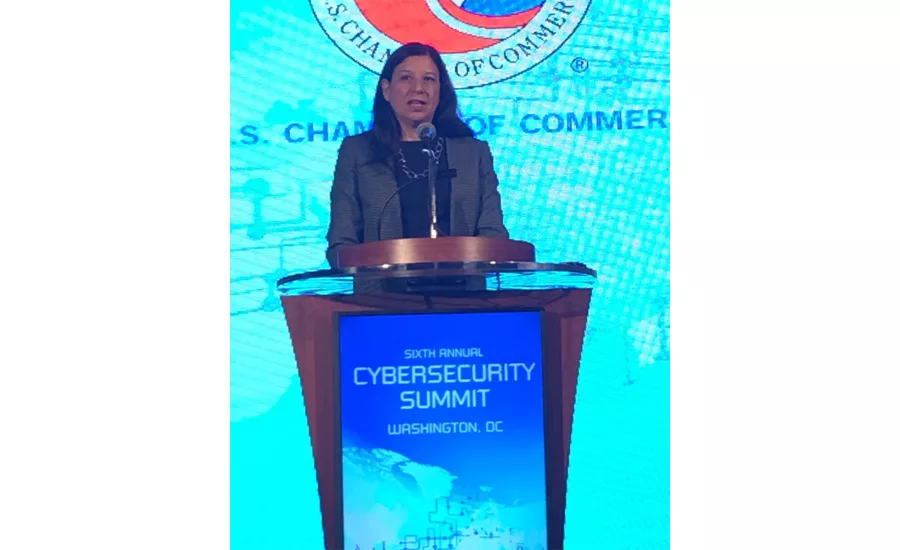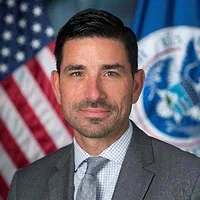DHS Acting Chief Calls For Urgency To Attack Cyber Job Shortage

Department of Homeland Security Acting Secretary Elaine Duke told a U.S. Chamber of Commerce cybersecurity summit today there is a need to create a sense of urgency to ease the shortage of cyber professionals.
At the Sixth Annual Cyberscurity Summit held in Washington, D.C. today, Duke warned the number of unfilled cybersecurity jobs soared 250 percent last year and will grow to 3.5 million by 2021. Source: https://cybersecurityventures.com/jobs.
The Acting DHS head called for a three-pronged approach to attacking the shortage.
One, she said, is to transform and elevate the cybersecurity learning environment from elementary school to adults considering post-collegiate education to change careers.
A second strategy, Duke said, that should be implemented is to prepare people for lifelong careers in the field.
As a third imperative for diminishing the cyber employment cavity, Duke said guidelines should be established to determine the effectiveness of measures to beef up the cyber workforce.
Duke said estimates are cybercrime losses will total $6 trillion by 2021, according to research from https://cybersecurityventures.com/hackerpocalypse-cybercrime-report-2016/.
The DHS leader said that automated indicator sharing will play a key role in boosting the effectiveness of government and industry cooperation to lessen the impact of hacking by having computer to computer alerting of threats act more efficiently and effectively than human to human communication can. “We’re committed to information sharing with the private sector,” said Duke.
To make that sharing more palatable for businesses, she said DHS is offering limited liability to companies that share threat data.
During her speech, Duke also praised the nation’s electric companies for making substantial investments in cyber protection.
At the event, Cyber Threat Alliance President Michael Daniel cautioned for too long cybersecurity has been treated as technical problem rather than a long-term risk that needs to be managed
Daniel, who served as a cybersecurity advisor to President Barack Obama, said cyber threats are becoming more dangerous and disruptive as we become ever more digitally dependent. “The impact an actor can have is considerably greater,” he said.
He warned software updates notifications are being used more frequently by hackers to do damage.
IBM Security Threat Intelligence Vice President Caleb Barlow told the audience that responses to breaches often cause more damage than the hacks themselves.
He said that damage is coming from executives who are used to thinking slowly, deliberately and build consensus which often isn’t sufficiently fast and effective to respond to hacks. He added it is vital to declassify threat intelligence and get information out as quickly as possible. “Speed is all that matters in information sharing,” said the IBM cybersecurity executive.
DHS Chief Cybersecurity Official Jeanette Manfra said information sharing is vital as a better enabler for better prevention and better response and recovery. “Information sharing works,” said Manfra. However, she admitted that a lot of people are being overwhelmed by the data. The official said DHS is increasingly examining what cyberthreat information it needs to share, what the agency is trying to prevent and what can be automated.
Manfra pointed out she is noticing more companies to need to automate the cyber threat information they are getting into their systems.
The FBI’s overseer of cyber investigations, Paul Abate, told the gathering that the agency is poised to quickly respond to cyber attacks globally. He noted that a lot of businesses aren’t coming to the FBI and other law enforcement operations when they are hacked.
Ted Knutson is a Washington, D.C.-based political, cybersecurity and regulatory reporter.
Looking for a reprint of this article?
From high-res PDFs to custom plaques, order your copy today!






